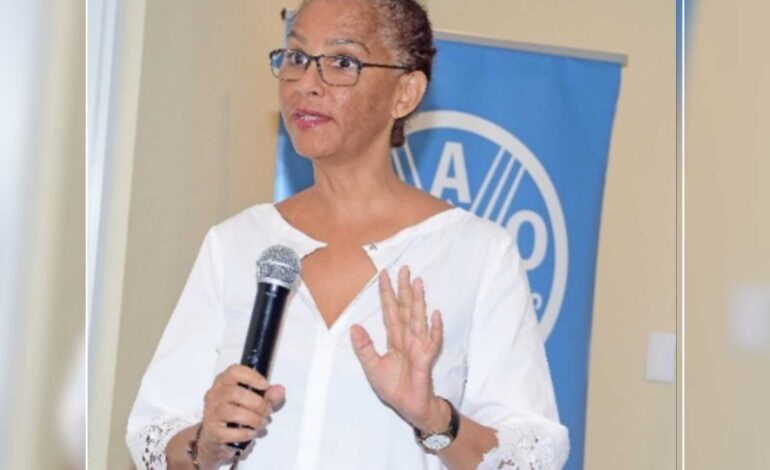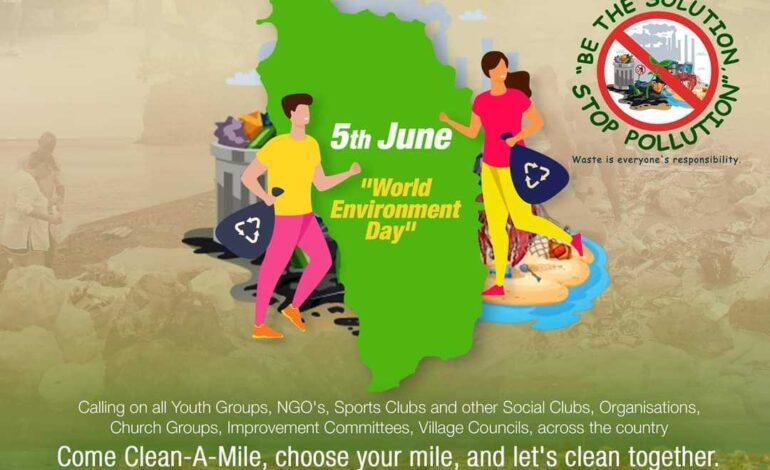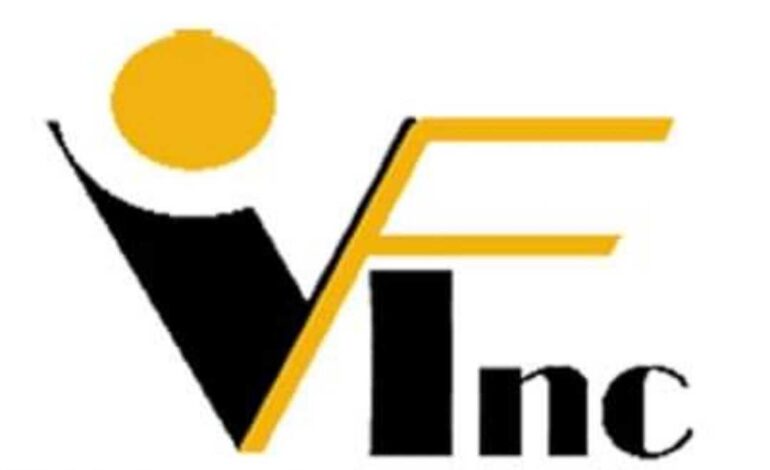
The food in our supermarkets and our open markets come from numerous countries, and in the case of processed foods, each of the ingredients may themselves from come different countries. It is indeed, a global food web that keeps us fed. While we generally know very little about the people who produce, handle and process the food on the shelves of our supermarkets, for the most part, we do not worry about the safety of the items that we drop into our shopping carts and then take home to serve to our family and friends.
What is it that underlies our confidence in the safety of our food? There is a whole lot that goes on behind the scenes to protect us from unsafe food. There are international bodies of scientific experts that advise countries on: the safety of food additives; on the levels of contaminants or residues of agricultural chemicals that can be tolerated without causing harm to the consumer, even with a lifetime of consumption; on the processes and management systems to be applied by the private sector to keep food safe throughout the production chain. The advice of these scientific bodies is codified into standards and codes of practice by the Global body responsible for guiding countries on food safety issues: the FAO/WHO Codex Alimentarius Commission. This is an inter-governmental Commission with 188 member countries – a truly global decision-making body if countries utilize the opportunity to participate.
As important as they are, the mere existence of internationally recognized food safety standards is not enough to ensure that safe food is being delivered to our tables. Countries must also adopt national standards, based on these international standards, and set up systems within the country that ensure that all required rules and guidance are followed.
Earlier this year, FAO launched a regional project that will work with countries and with the Caribbean Agricultural Health and Food Safety Agency (CAHFSA) to assess selected national systems for food safety and quality control in terms of their capacities to carry out all of the functions outlined in the various Guidelines of the Codex Alimentarius. The results of the assessment will guide the countries in improving their systems and enable greater transparency and accountabilities within the system: including accountability to consumers and to the wider government that invests in the system. FAO is carrying out a series of 5 technical virtual sessions during June to train Food control officials across the Caribbean to understand and be able to implement the food control system assessment. An international team of food safety experts will then support assessments that will be carried out in Guyana and the Bahamas.
There is a strong political commitment across the Caribbean for strengthening intra-regional trade in food and agriculture. Confidence in each other’s systems of food control is an essential foundation for efficient trade and this FAO-supported assessment process will facilitate this confidence.
A closing message for World Food Safety Day 2021 is for the Caribbean to be more active in the global rule-setting for food safety. With few notable exceptions, Caribbean countries are not using the opportunity to influence the development of the rules that govern food safety. Let us resolve to get involved!




